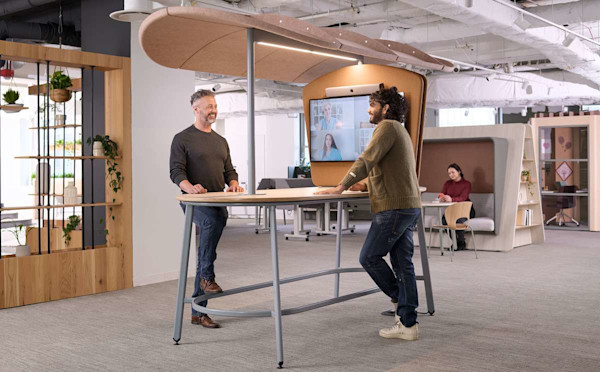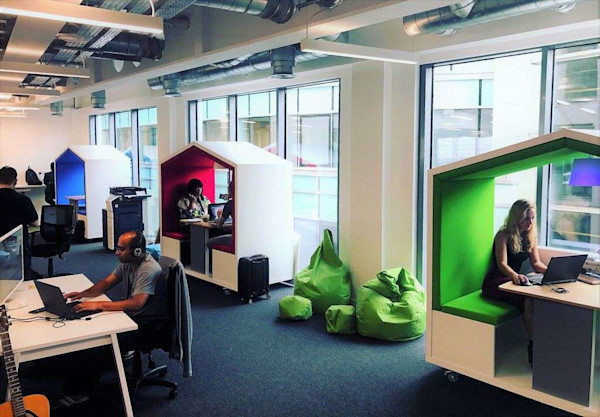Flexible Work Arrangements: the Ins and Outs

Updated October 2022 Companies across the US and around the world have been seeking for years to entice top talent. In the wake of the Great Resignation, attracting talent and engaging and empowering existing employees is even more pressing. As technology advances, the variety of shapes these enticements take differ as much as employee personalities do, leading human resource groups to offer a multitude of benefits not seen before. Between flex time, the rise of hybrid and remote work, job or desk sharing, and allowing employees to set their schedules, flexible work options can be attractive to both you and your employees.
Flexibility - Working to Live Versus Living to Work

When employees have more control over their daily schedules they are more focused and timely with their work.
When employees have more control over their daily schedules they are more focused and timely with their work. Additionally, the quality of their work improves. This increases their sense of professional purpose, which contributes to greater job satisfaction, which funnels into their focus and productivity for a positive feedback loop.
How the Organization Benefits

Environmental Impact

Managing Remote and Hybrid Teams

The impact that our shift to hybrid and remote work will have on the environment will continue to grow
In addition, the lack of face time with employees is beginning to have an impact on community and company culture. Immersion in a busy office helps your staff keep their fingers on the pulse of the company and its efforts. And the same isolation that helps eliminate distraction for remote employees can also hurt the team member mentality. This can be reduced with hybrid schedules, but only if coordinated to ensure the right people are in place. For example, scheduling meetings can be nightmarish if all the innovative minds have to be tracked down. Many employees are pushing to continue to work remotely, but perhaps flex time or compressed workweeks might be better options.
The Loss of Collaboration

Disengaged Workers
Then there’s the matter of disengaged employees, or "quiet quitters", as they are now being called. The last thing you want is to have an employee parked on their couch in the midst of a Netflix marathon when they’re supposed to be concentrating on a project critical for your customers. Without direct managerial oversight, how can you be sure you’re getting their best work?
The modern workforce is changing more rapidly than ever.
A certain level of scrutiny of a remote worker's productivity is sometimes necessary. Tools are available to measure their performance and provide reassurance they’re doing what they say they are. Tracking down how your remote team spends their time can make you feel like a babysitter. And worse, employees feel as though they’re being micro-managed. That good, productive, happy feeling you were trying to foster by having a flex work policy? It can quickly dissipate and cause hard feelings. Often, this leads to higher turnover and larger recruitment costs. Not to mention the portion of your management team’s day spent wrangling proof of productivity.




